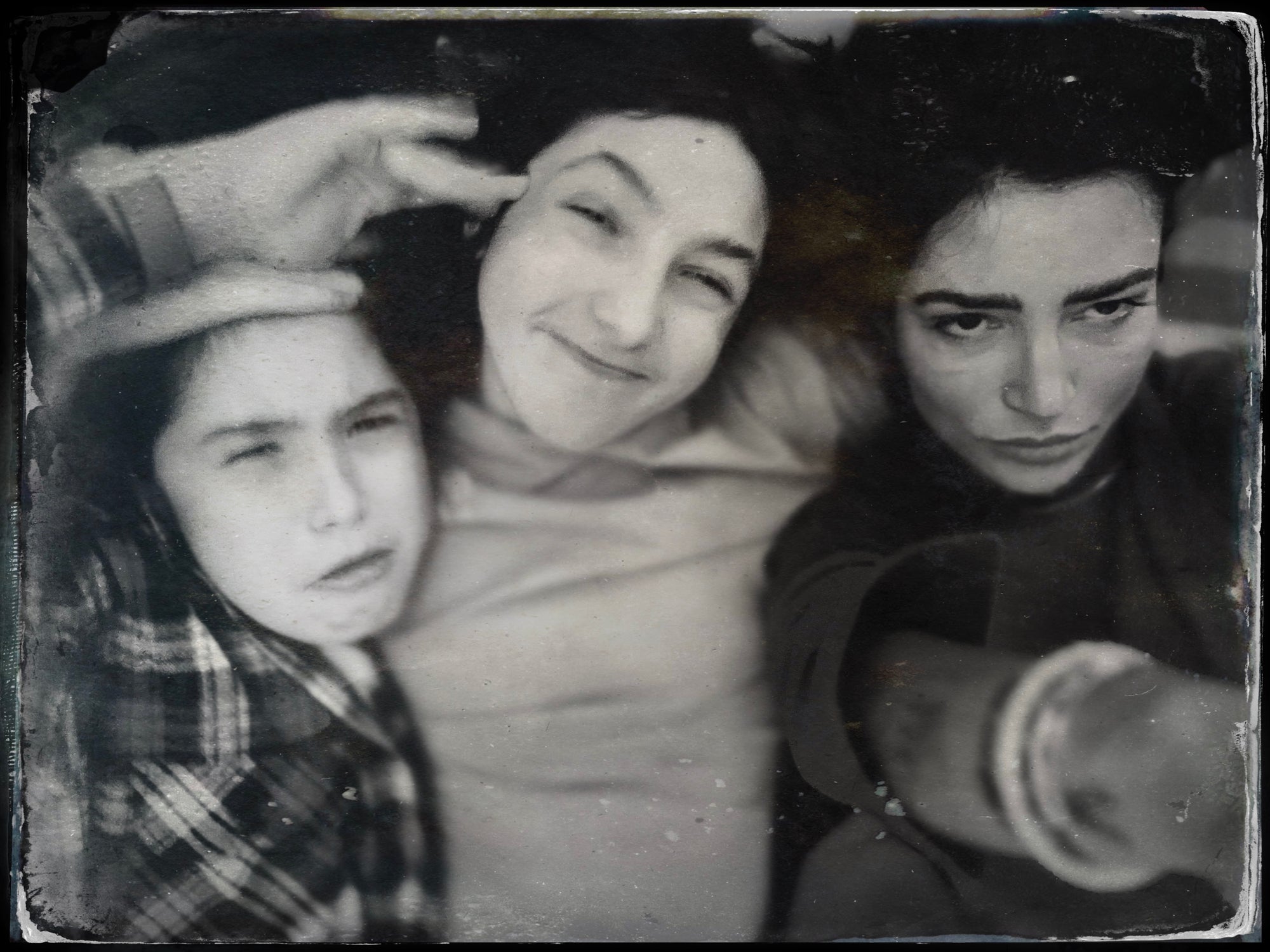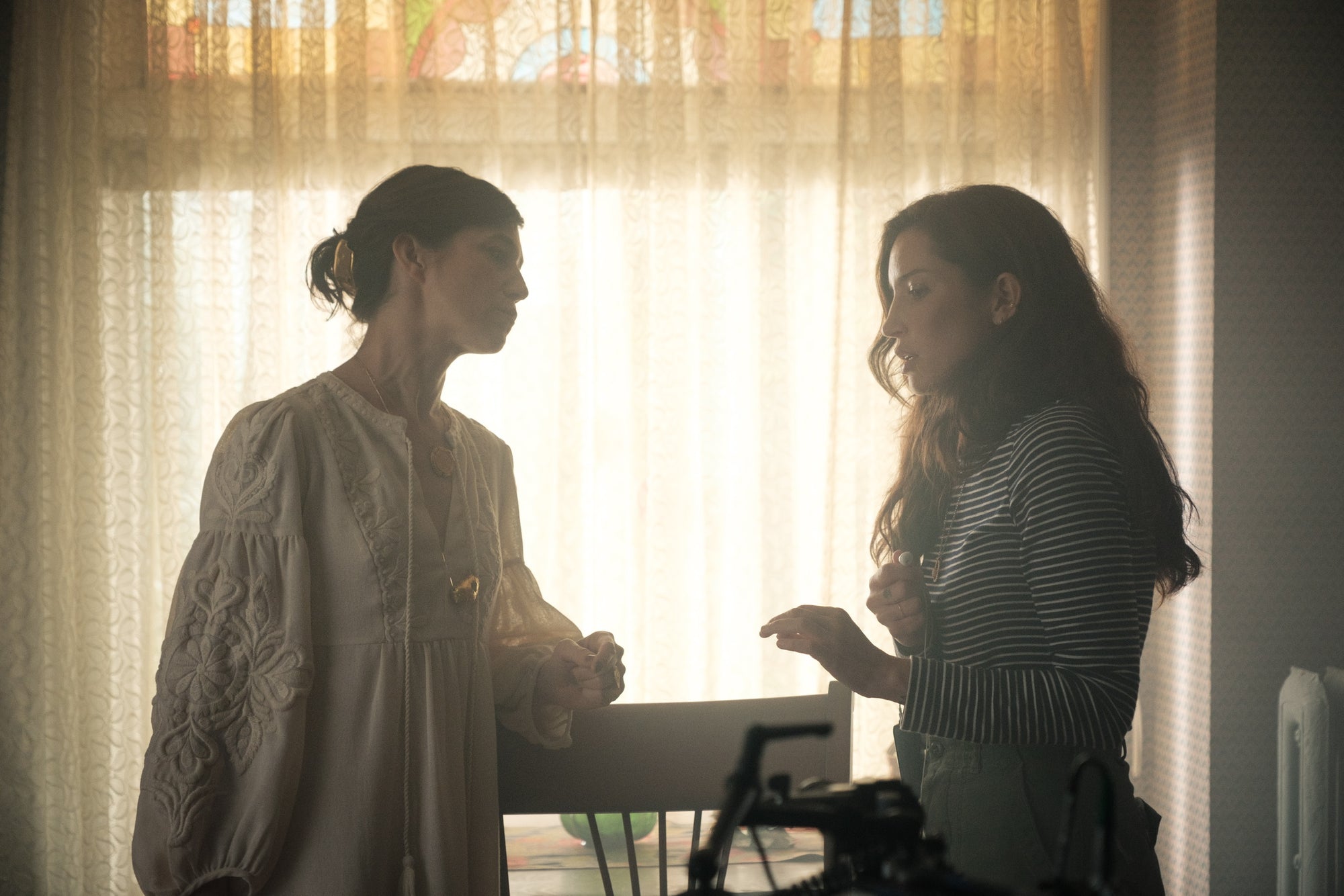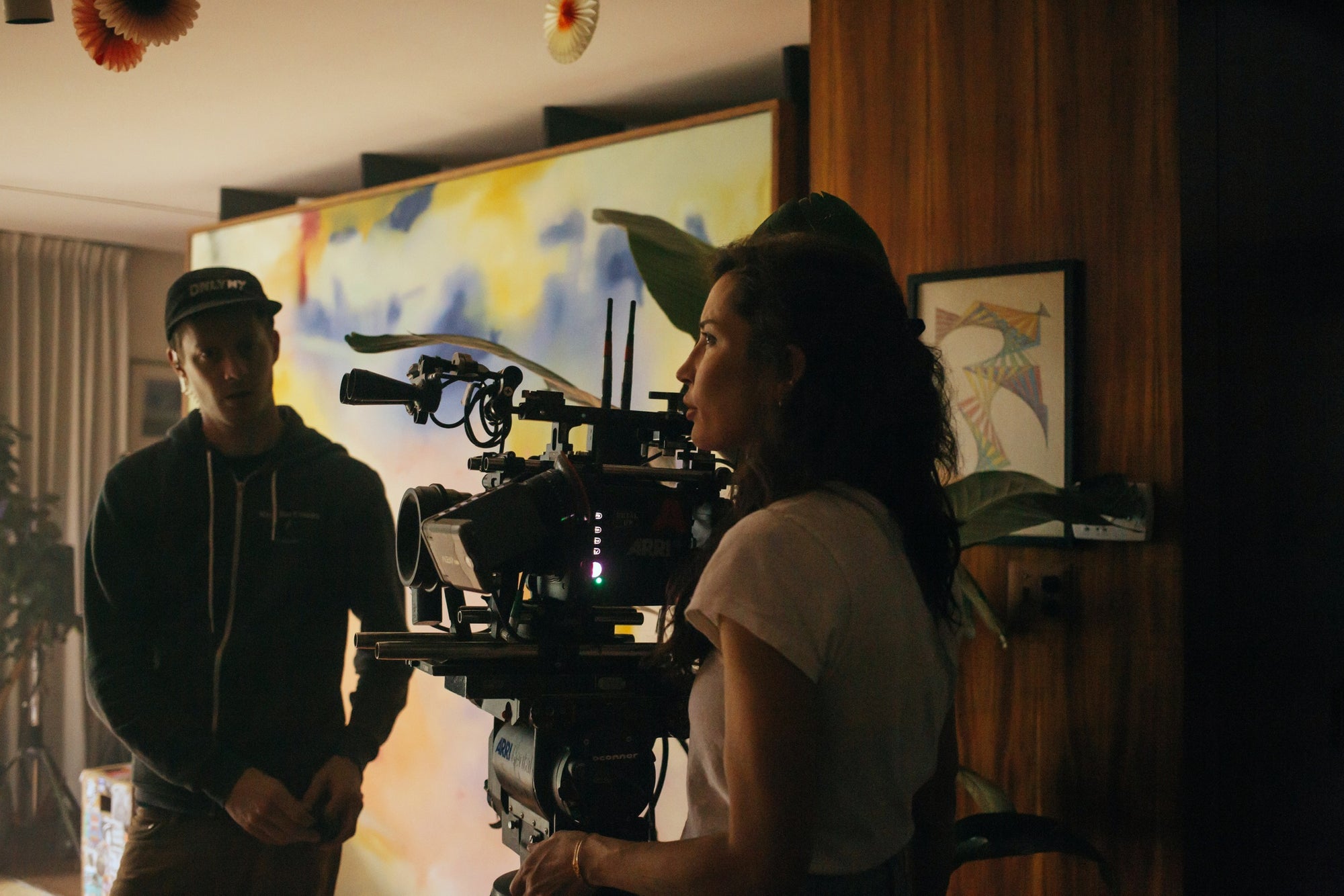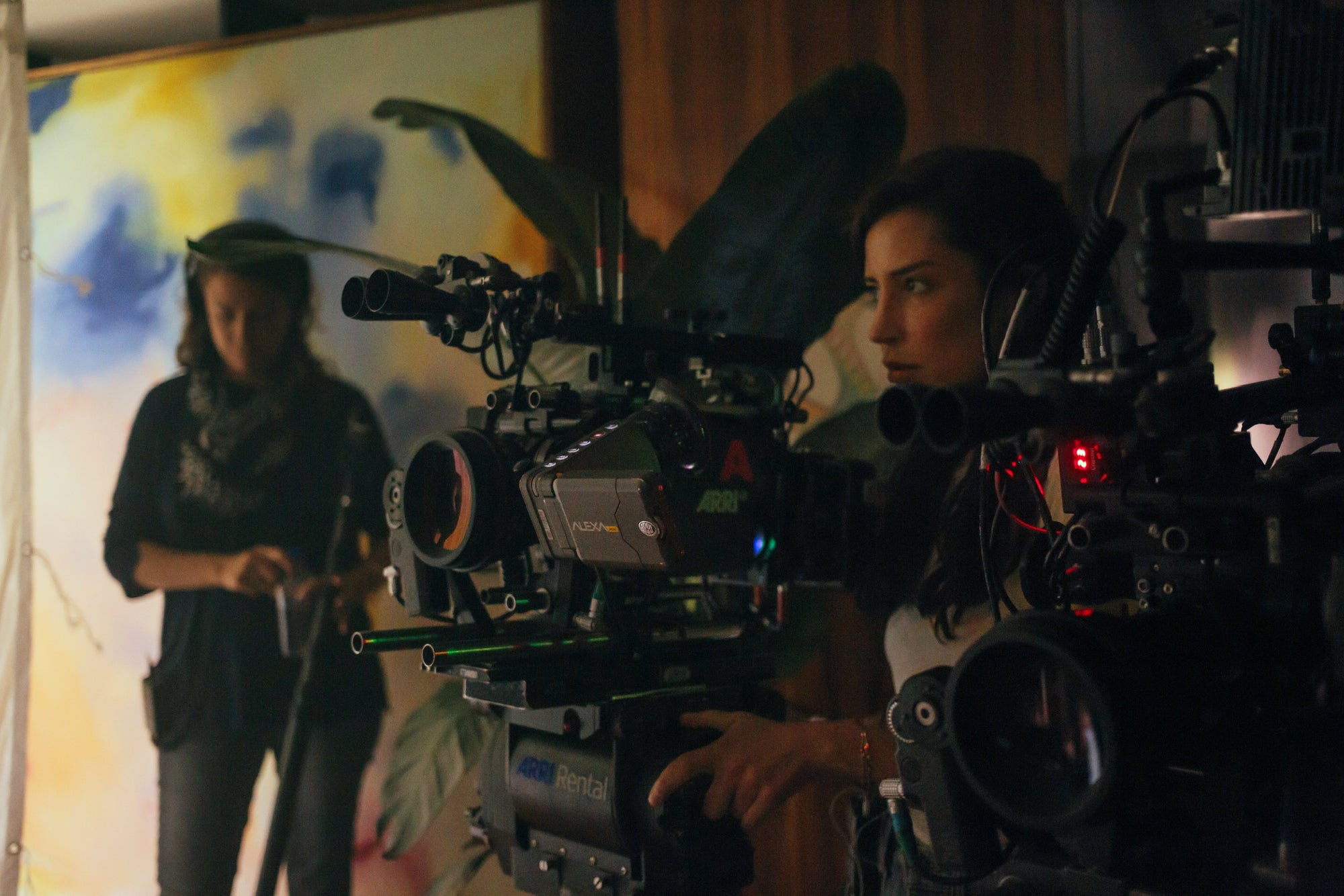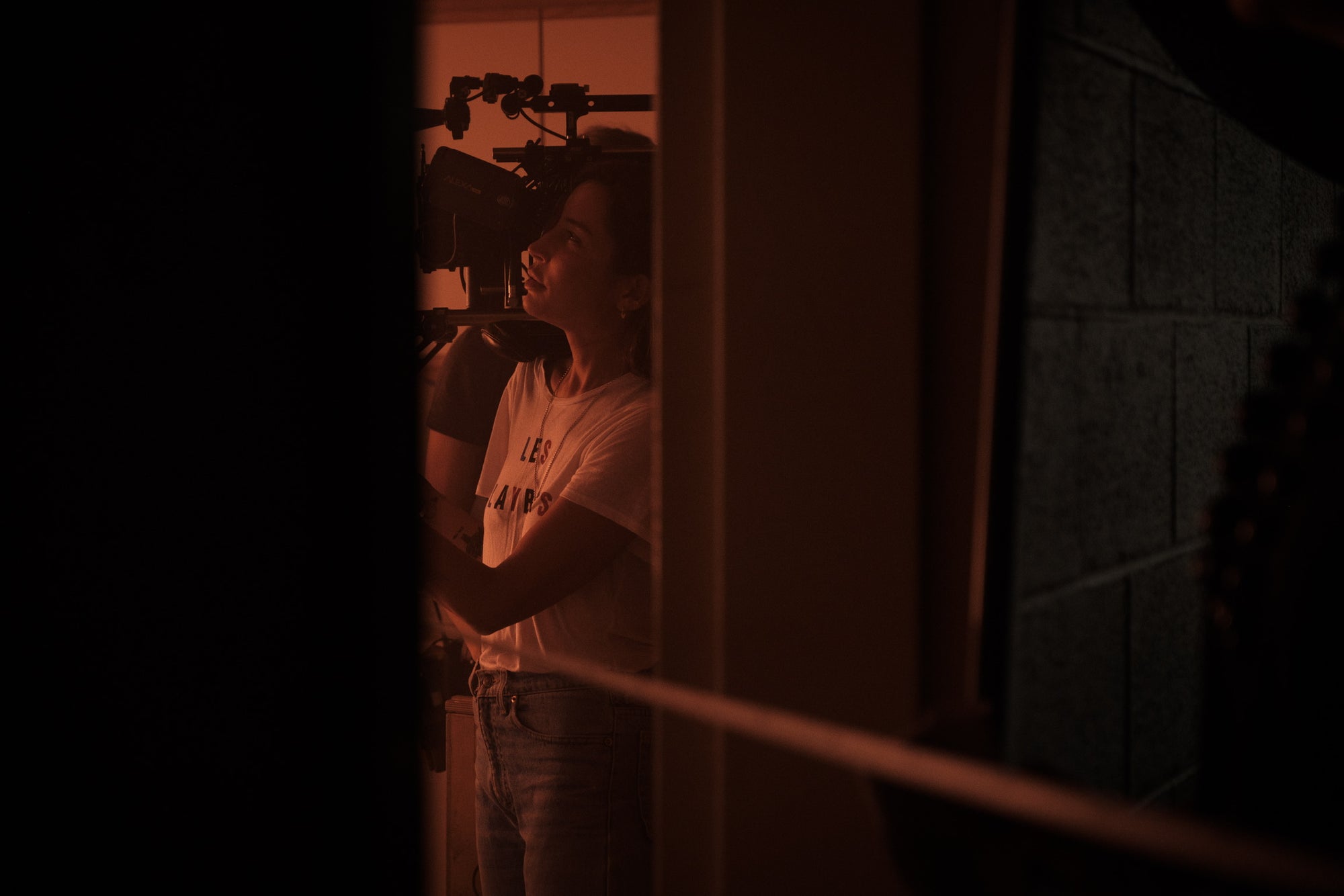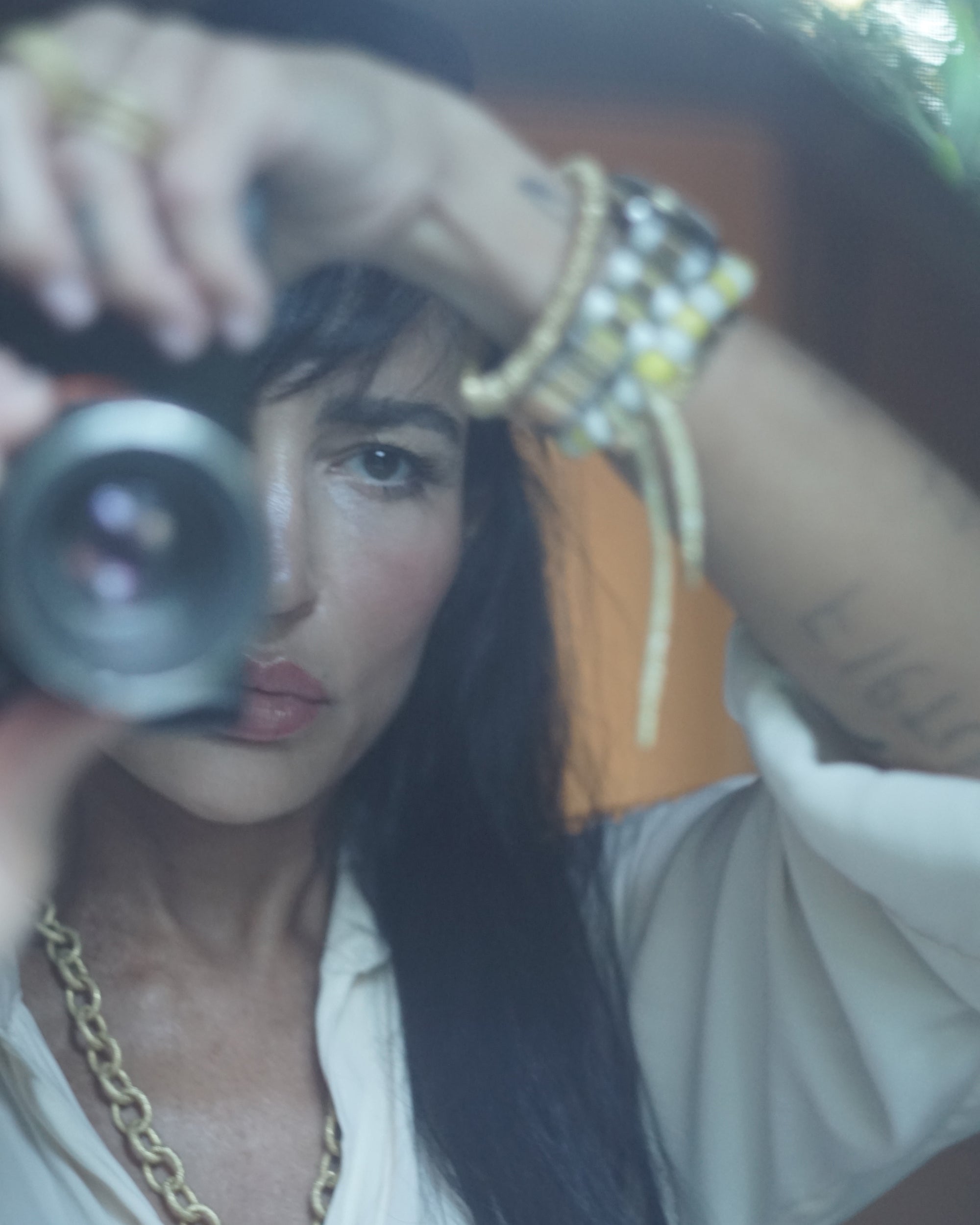Nebraska-born cinematographer and director Reed Morano is the first woman in history to win an Emmy and a Directors Guild of America Award for her role directing the first three episodes of The Handmaid’s Tale — Hulu’s adaptation of Margaret Atwood’s dystopian novel of the same name. Yet she is surprisingly cautious, if not a little cynical, about her venture into what she long saw as the “cheap version of a movie.”
“I just love the idea of making a movie, seeing it on the big screen, how you feel when you watch movies — with the greatest movies you feel changed afterward, you feel like you almost become one of the characters… if it’s a great movie it will affect you forever and you'll always remember it.”
Morano is speaking to me over Zoom from her apartment in Brooklyn, where she lives with her two young boys (Morano has separated from their father, director Matthew Walker, although he remains one of her “closest collaborators” in work). She landed back in the city just yesterday, following a stint in London where she’s been working on her latest TV project — the 10-episode adaptation of Naomi Alderman's award-winning novel, The Power, for which she’s directing several episodes.
Picking up her laptop, Morano gives me a quick glimpse of her chic backdrop. Behind her, an oversized velvet sofa stands opposite a large painting propped up against egg-shell blue walls. She’s framed by a ginormous, floor-to-ceiling window, which explains the halo-like glow in which she is currently ensconced.
Thanks to Morano’s relentless schedule, our interview has been rearranged several times over the past few weeks but she’s finally managed to squeeze me in on a Sunday afternoon, between morning calls and time with her kids.
If she’s as exhausted as her schedule would suggest, you wouldn’t guess. With her doll-like face framed by a jet black fringe and a heavy, gold-chain necklace, she wears a black and white chequered jumper with cropped sleeves that reveal her tattooed arms.


















